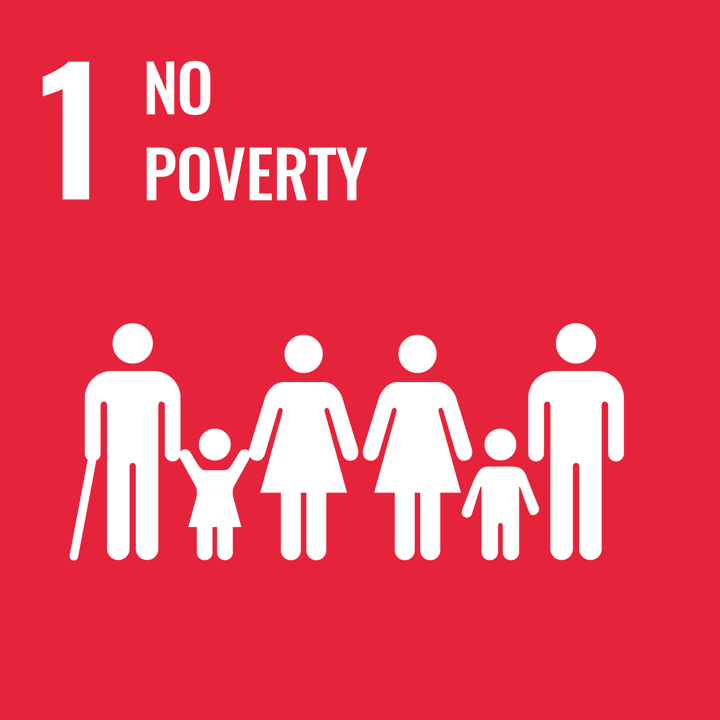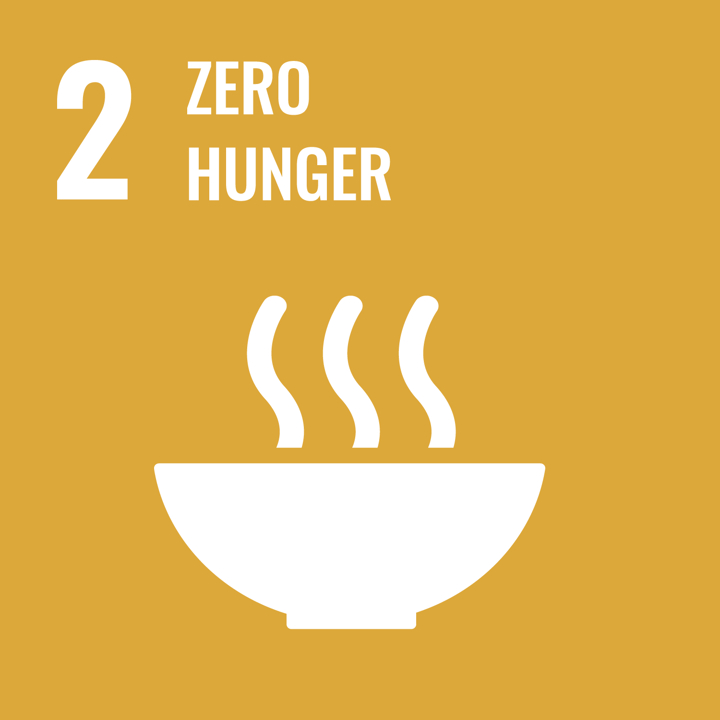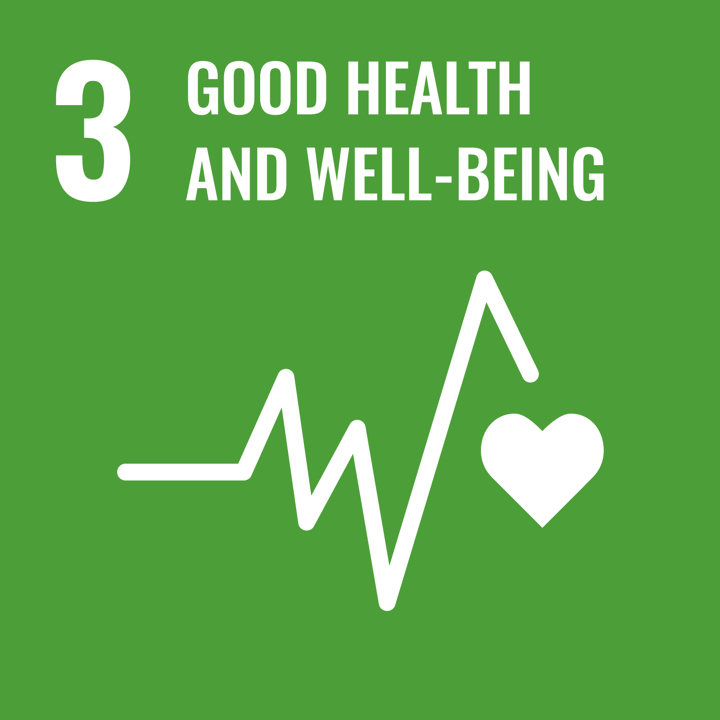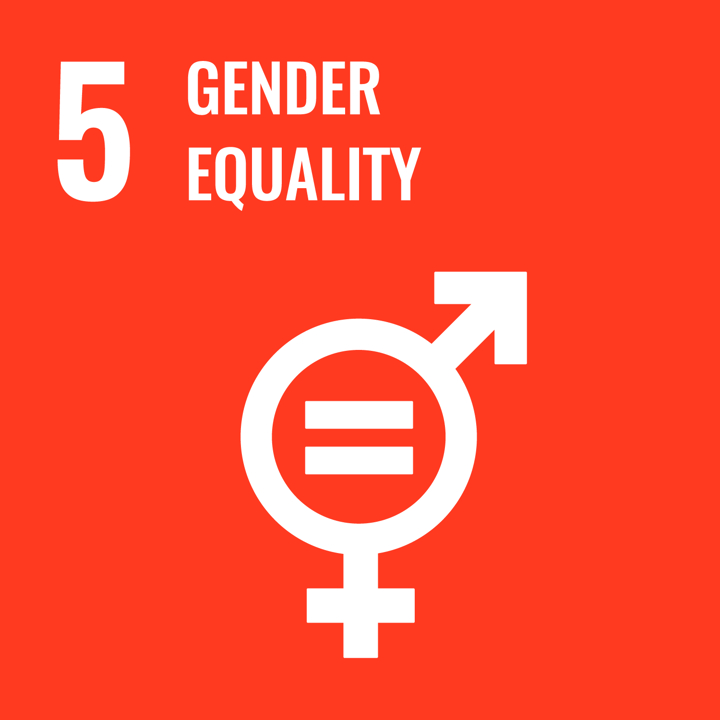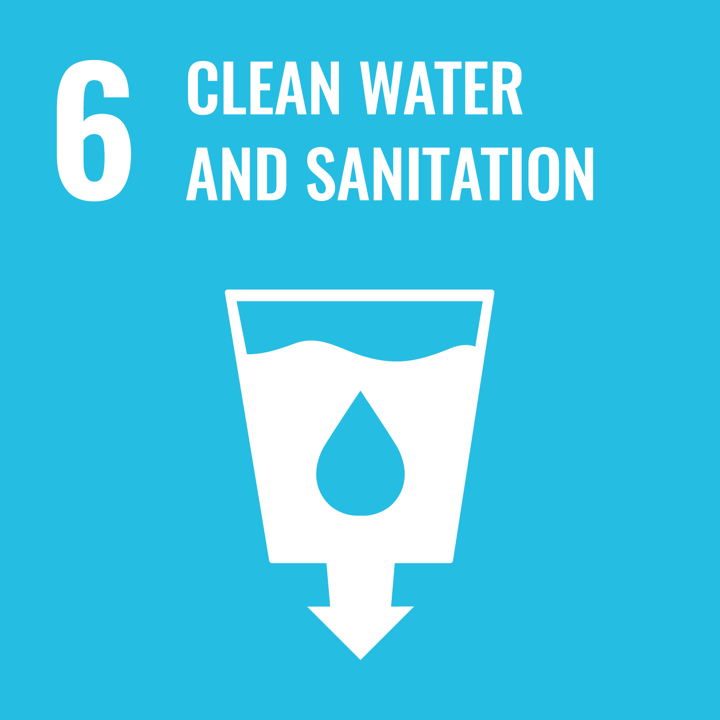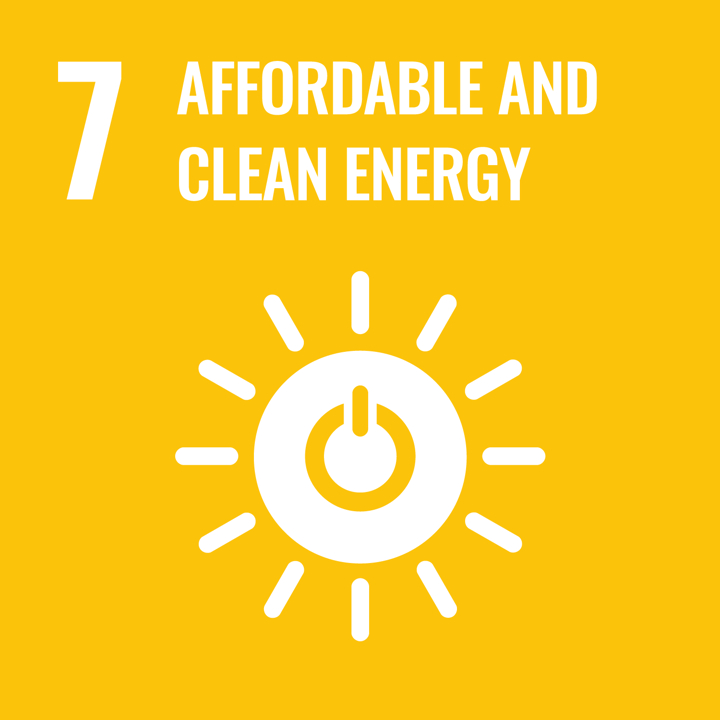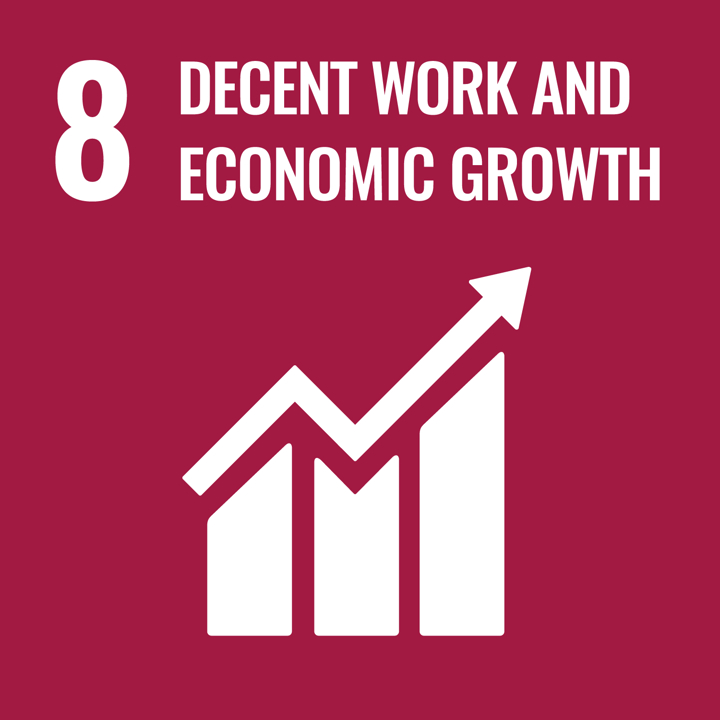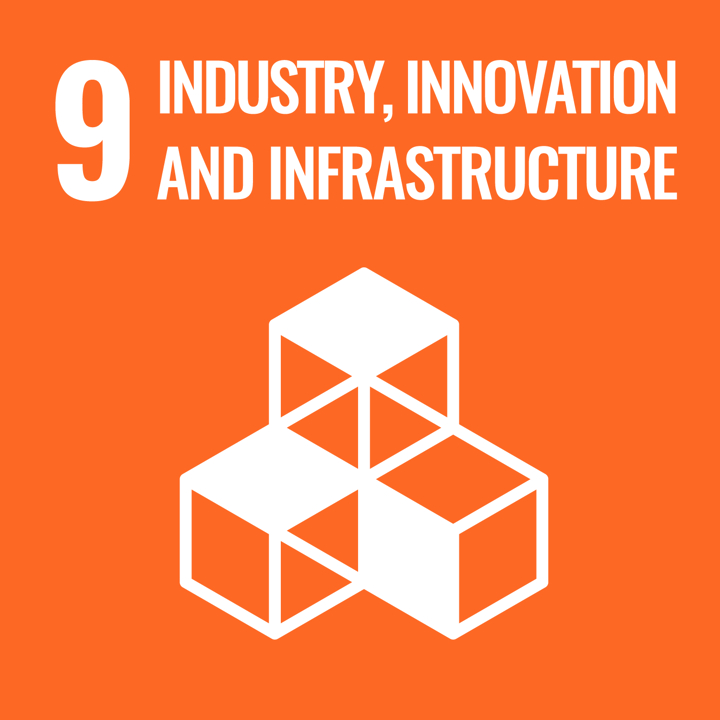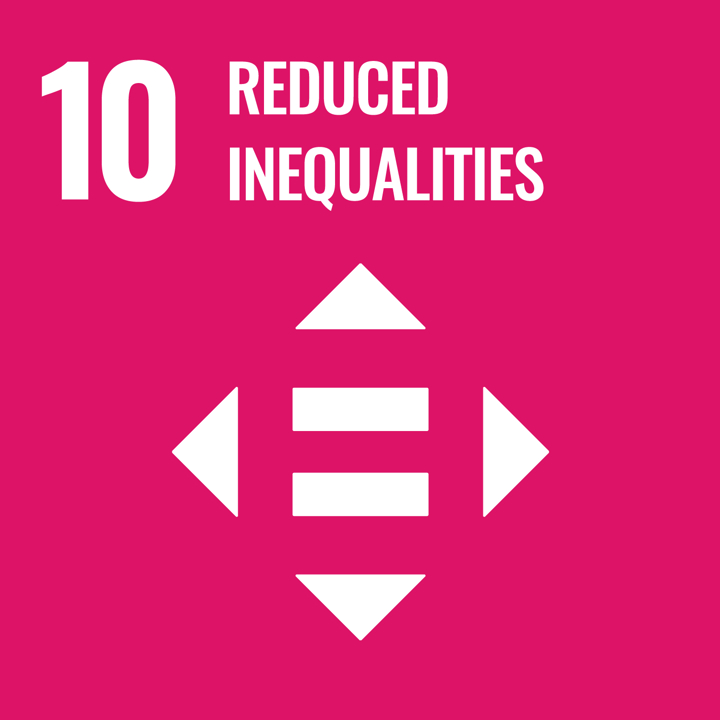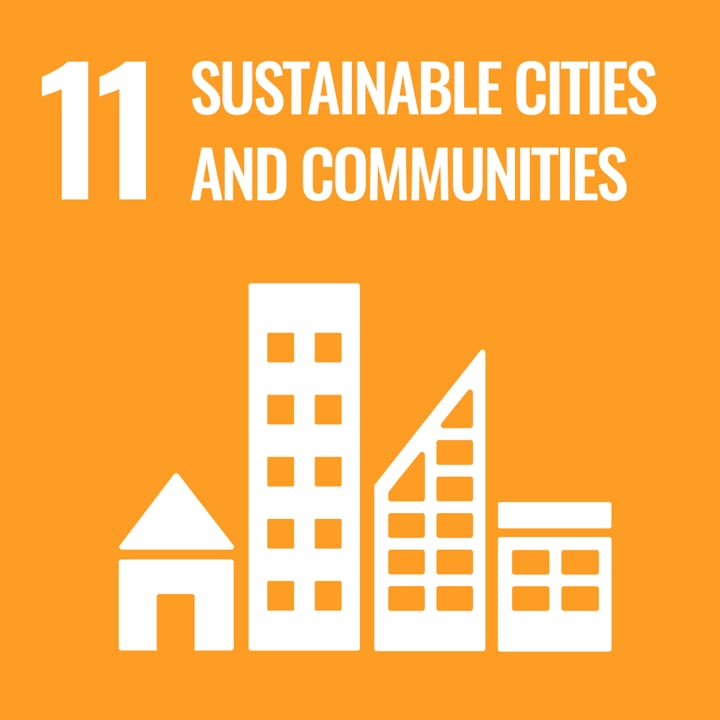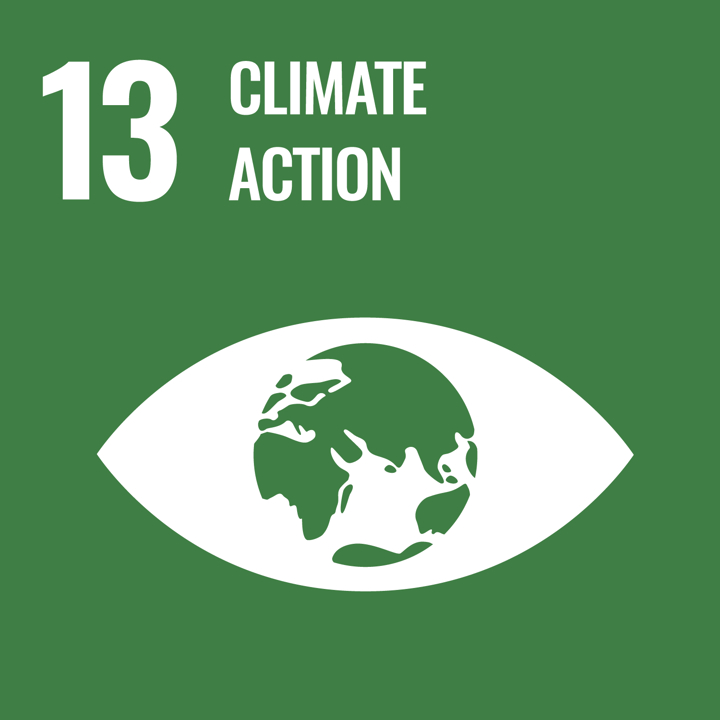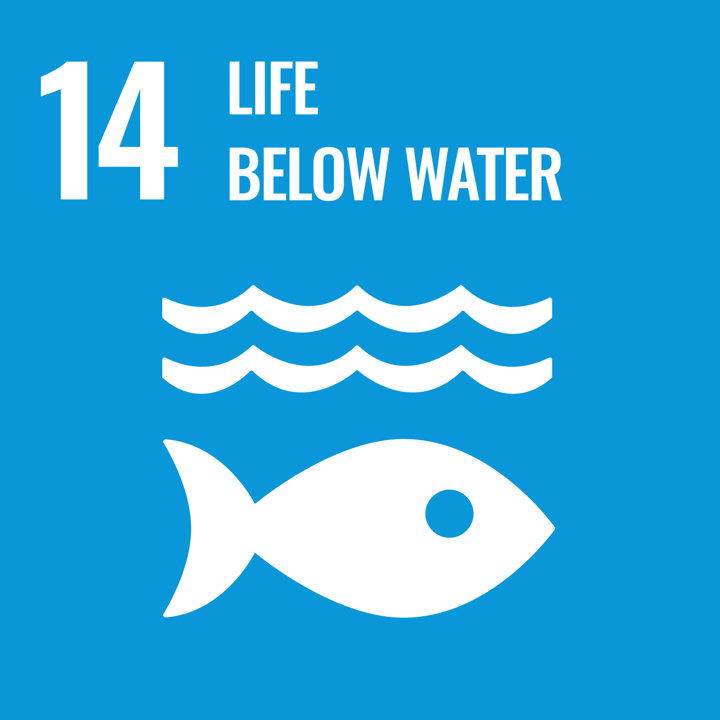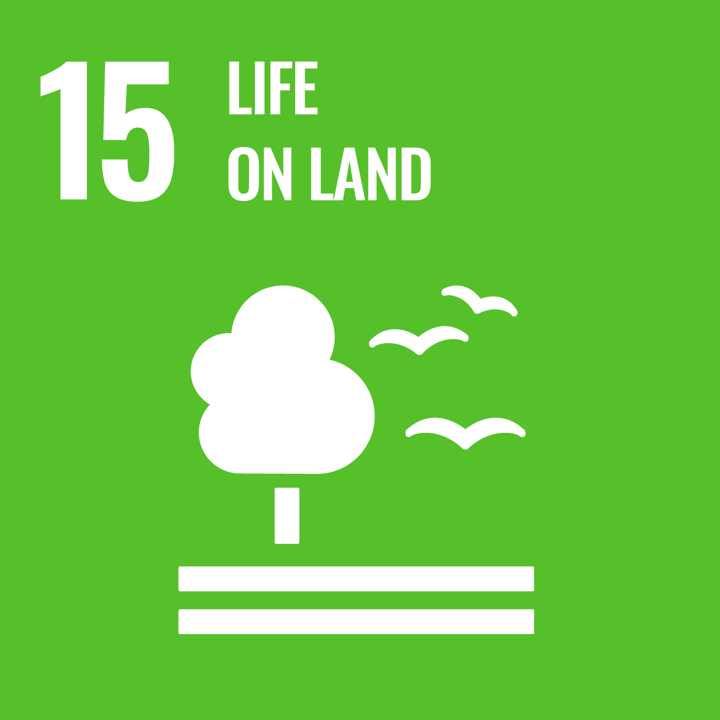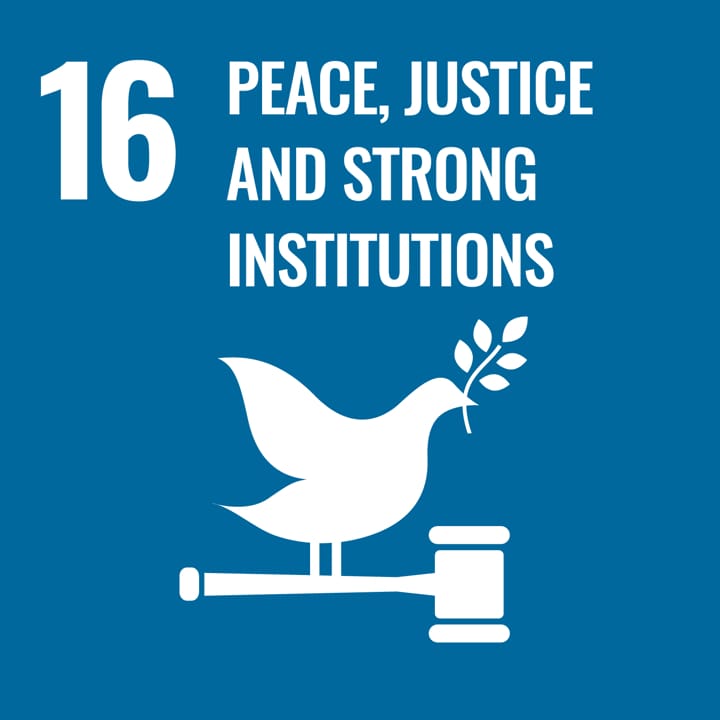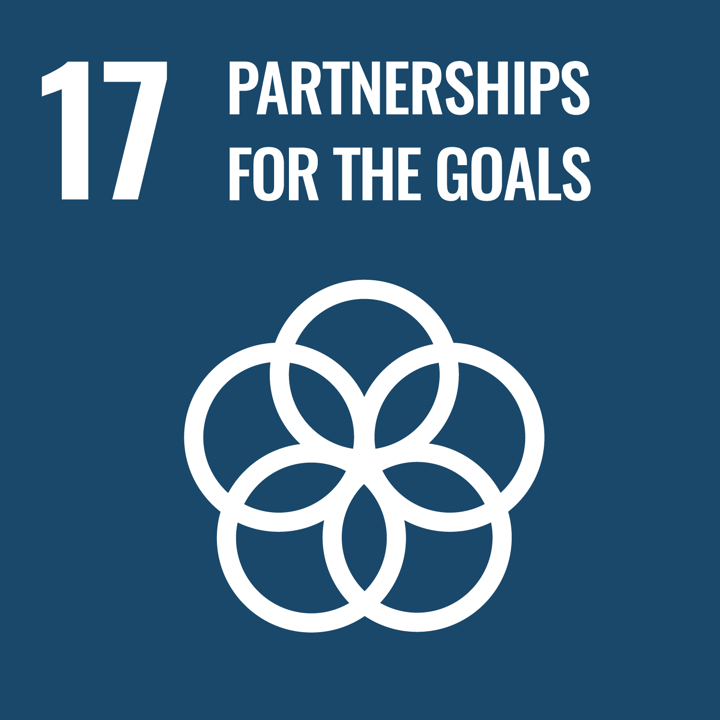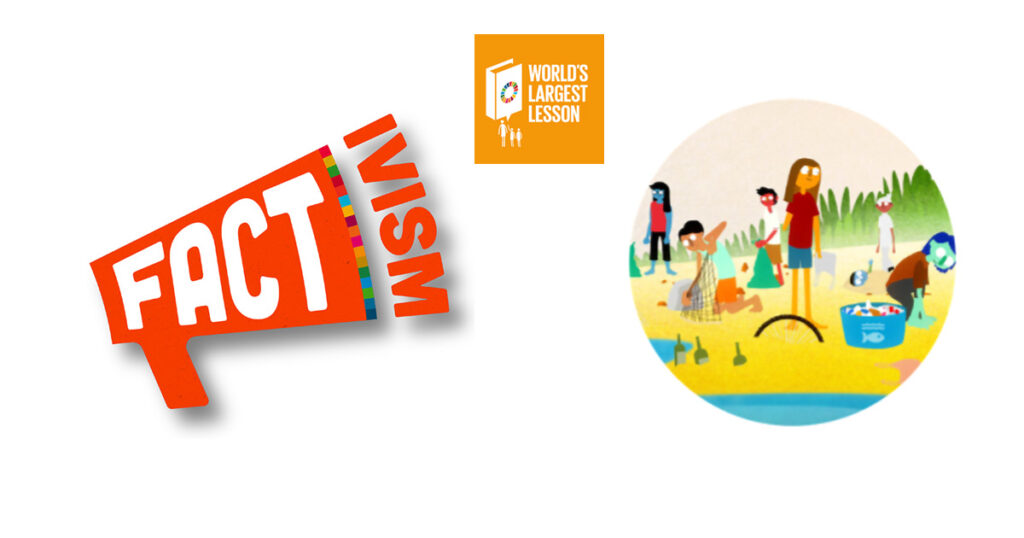
Beoogde eindgebruiker: Leraar
Leeftijdsgroep: Hoger primair onderwijs; Lager secundair onderwijs
Schoolcurriculum: Wiskunde; Natuurwetenschappen; Maatschappijleer, Lichamelijke Opvoeding en Gezondheidsleer; Maatschappijleer en Milieukunde; Letteren
Thema's en onderwerpen: Collectieve actie; Informatie en kennis; Pedagogische benaderingen
Duur: 5 uur
Type bron: Richtlijnen en aantekeningen, Audio/Video; Lesplannen; Presentatie, Project
Trefwoorden: Duurzame Ontwikkelingsdoelen, Gegevens, Gemeenschapsactie, Uitdagend Leren
Talen: Engels
Beschrijving
In het eerste deel van deze activiteit, Fact-ivism genaamd, maken leerlingen een dataposter met een SDG-gegeven dat hen na aan het hart ligt. Eerst leren ze over gegevens en kiezen ze een gegevenspunt dat hen inspireert om actie te ondernemen voor de SDG's van de VN. Daarna visualiseren ze hun gegevensposter en uploaden deze naar een digitale galerij die leerlingen over de hele wereld kunnen bekijken.
De tweede bron, Making a Community Action Plan (Een actieplan voor de gemeenschap maken), bouwt voort op de mondiale/nationale gegevens van de gekozen SDG's om een lokaal perspectief te ontwikkelen. De bron gebruikt de Global Goals als een katalysator voor leerlingen bij het identificeren van een lokaal gemeenschapsprobleem dat ze willen helpen oplossen en bij het maken van een actieplan om aan de slag te gaan.
De bron bevat links naar extra lesmateriaal, video's, datasets en voorbeelden van werk van leerlingen.
Hoe gebruik je deze bron
De bronnen bouwen voort vanuit het mondiale perspectief van de SDG en gegevensgestuurd begrip van de doelen, naar het aanpakken van uitdagingen op lokaal niveau gekoppeld aan de geïdentificeerde SDGs. Deze aanpak helpt leerlingen en leerkrachten om globaal te denken en lokaal te handelen.
Deze bronnen, te beginnen met het Fact-ivism lesplan, helpen deelnemers om de SDG's en de gegevens achter elk doel nader te bekijken. Deze aanpak daagt uit wat mensen denken te weten en begrijpen over de SDG's, wat resulteert in een dieper begrip van de doelen, hun belang en lokale relevantie.
Het tweede hulpmiddel, Een gemeenschapsactieplan opstarten, biedt een op de plaats gebaseerde aanpak om het leren over de SDG's toe te passen op het aanpakken van een lokale uitdaging. Deze betrokkenheid bij de lokale gemeenschap en omgeving versterkt het leren en bevordert actief SC.
Deze bron kan worden aangepast tot een workshopactiviteit die leerkrachten zelf als deelnemers kunnen verkennen. Dit zou de gezamenlijke synthese van nieuwe kennis en het delen van innovatieve benaderingen, aangepast aan hun eigen lokale context, mogelijk maken.
De middelen
Handleidingen voor leerkrachten (PDF's):
Andere bronnen:
Hieronder vind je links naar aanvullende bronnen:
Leerresultaten
- Eliciteren van voorkennis en verder ontwikkelen van kennis en begrip van de belangrijkste concepten van Duurzaam Burgerschap, waarbij gevestigde wereldbeelden en waarden in twijfel worden getrokken.
- Een reeks geschikte hulpmiddelen en kaders toepassen om duurzaam burgerschap bij studenten te bevorderen.
- Samen de kennis, hulpmiddelen en kaders synthetiseren om onderwijsmateriaal en lesplannen te maken die zijn aangepast aan hun eigen lokale context.
Groene competenties
- Duurzame waarden belichamen: Duurzaamheid waarderen; Eerlijkheid ondersteunen; De natuur bevorderen
- Complexiteit omarmen in duurzaamheid: Systeemdenken; kritisch denken; probleemopstelling
- Duurzame toekomstvisies: Toekomstgerichtheid; Aanpassingsvermogen; Onderzoekend denken
- Handelen voor duurzaamheid: Politiek Agentschap; Collectieve Actie
Creative Commons

Er wordt toestemming verleend onder een Creative Commons Naamsvermelding-licentie om de Challenge-Based Learning Guide vrijelijk te kopiëren, distribueren, over te dragen of aan te passen op voorwaarde dat naamsvermelding plaatsvindt zoals geïllustreerd in de onderstaande citatie. Nichols, M., Cator, K., en Torres, M. (2016) Gebruikersgids voor Challenge Based Learner. Redwood City, CA: Digitale belofte
